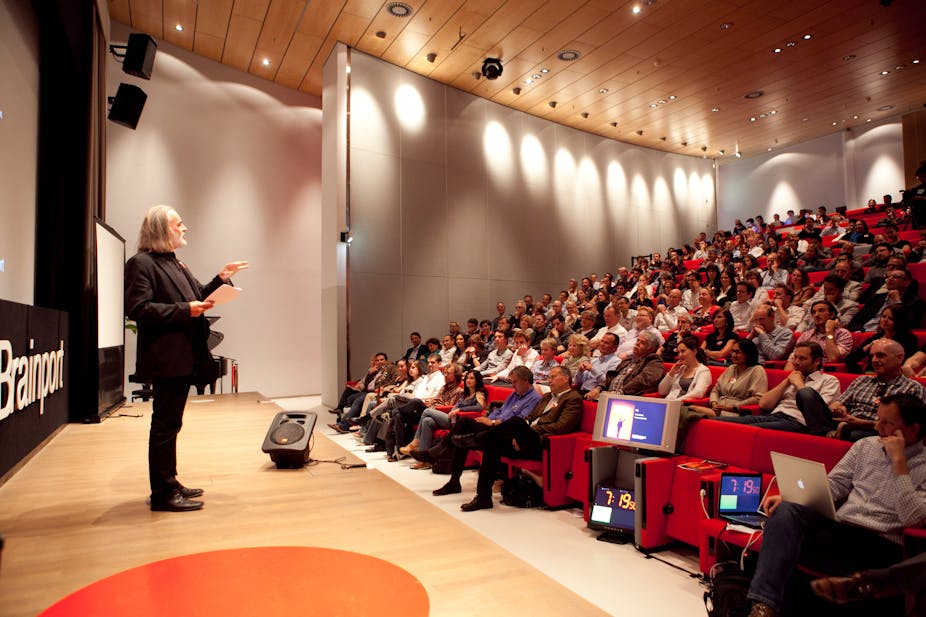Plato said true philosophers are “those who love to see the truth” – a desire to seek and expose fundamental knowledge. For most scientists, the search for truth, otherwise known as fundamental or basic research, is the main motivation to a career fraught with uncertainty, long hours and personal sacrifice.
There has been a clear drive in recent years to deliver “research with social and economic impact”. This impact agenda is often construed as being cover for a reduction in funding for basic, curiosity driven research. As a new academic with a passion for fundamental research I would ask, are we entering a new age of scientific realpolitik? Are the dreamy notions of a life of curiosity-driven research compatible with a 21st-century funding climate that prioritises impact?
In the UK the movement favouring high-impact research areas has not been driven by economic austerity. This has been overseen by the Research Councils UK (RCUK) in recent years.
RCUK’s Excellence with Impact report was published before the global recession of 2008, when government spending had increased year-on-year for nearly a decade. Targeted funding to high-impact research areas is therefore not some new fad destined to disappear when the Treasury is full of money again.
According to the early days of the Research Councils’ impact agenda, major economic and social benefits come from exploiting intellectual property, launching companies based on academic research and attracting investment from industry. However, there is now recognition that it is naive to think such impact must be directly linked to spending money.
The public has never been more scientifically literate, engaged, and economically and socially invested in what its money is paying for. It is arrogant to think that members of the public do not have the maturity to recognise the importance of long-term, aspirational research. It is the responsibility of academic scientists to improve public understanding and engagement of basic science questions.
Fundamental research has yielded key advances and will be the basis of future breakthroughs. However, sufferers of highly complex diseases do not necessarily look for a miracle cure, but instead desire more targeted research that can improve their quality of life.
This is not a short-sighted view. Focused research into specific high-impact areas is a highly fruitful and (occasionally) profitable activity, for example the move towards cleaner and renewable energy sources.
We should be wary of those who suggest the quality or integrity of research will decrease by focusing on high-impact research priorities. This argument portrays research within funding priorities as second-rate science. In fact, research in priority areas does not preclude fundamental research, but instead focuses that research towards specific goals.
That said, focusing on impact to the exclusion of scientific quality is clearly flawed reasoning. The weather vane of scientific funding has always been fickle, flitting between areas which are topical and “sexy” at the time and there will always be those who bemoan that their pet subject is no longer in vogue. Essentially, the issue is that identifying what areas of research are high impact can sometimes be subjective or poorly identified.
Much of my own work is “basic science” and I passionately believe in the importance of this type of research. However, it is not the case that a lack of research funding is the reason for focusing on impact. It is not the case that only research which cures cancer or solves global warming is worth funding. And it is not the case that fundamental research is always good research.
So are we sacrificing the love of truth for the impact agenda? By thinking about the impact of our research and trying to realise that impact we are enhancing the quality of scientific output and contributing to society in a new and exciting way. The truth is, there is no conflict between being a basic scientist and an impact apologist. In fact, it’s the future.
Counter: Chasing the money in science funding will lead to fool’s gold

